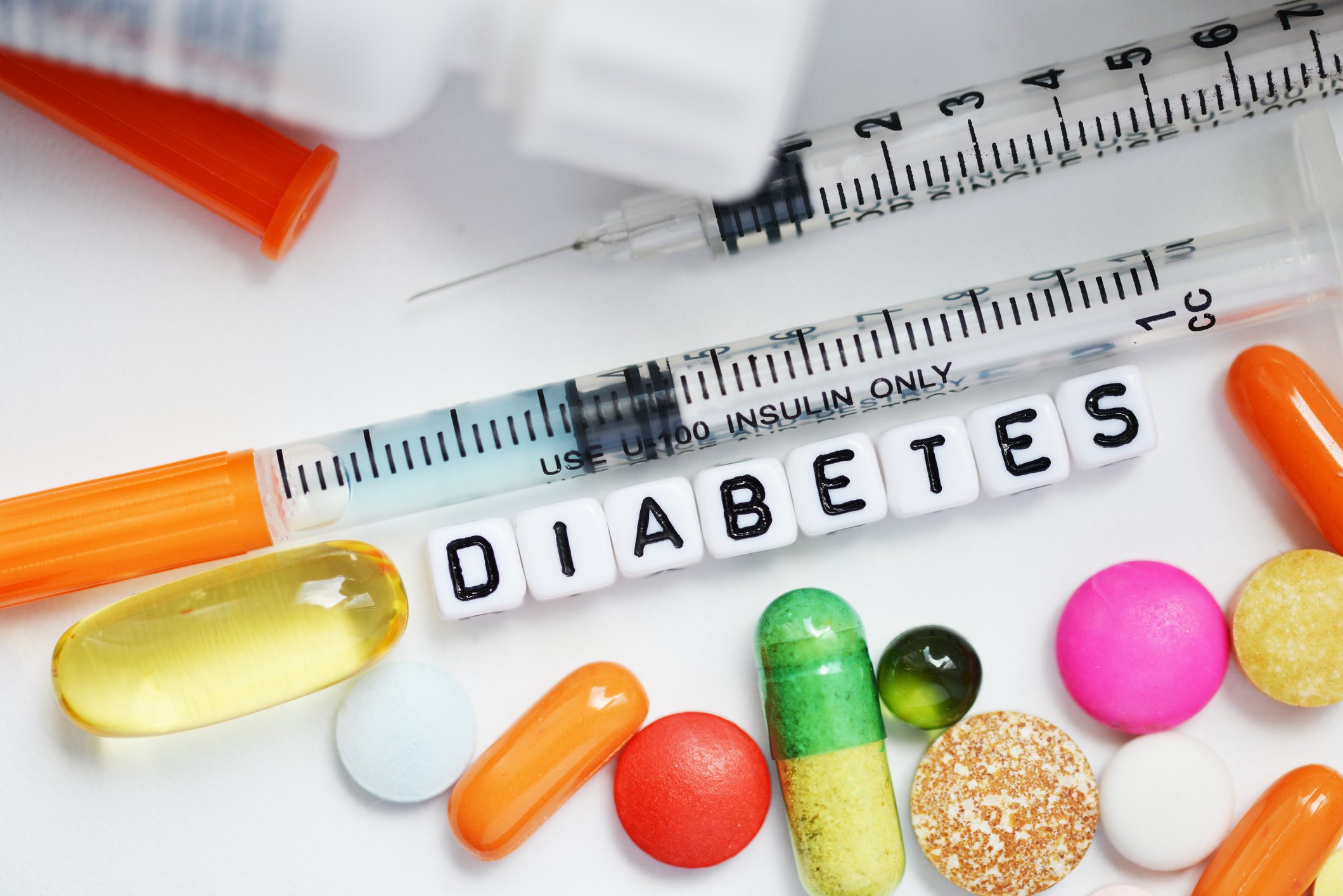What happened
In response to sharing the pricing details of a convertible note offering and providing investors with a preliminary look at results from its fourth quarter, shares of Senseonics Holdings (SENS +6.74%), a diabetes company focused on continuous glucose monitoring, fell 11% as of 11:05 a.m. EST on Friday.
So what
Senseonics announced on late Thursday afternoon that it wanted to raise capital from a convertible notes offering. The company succeeded and announced the terms of the deal on Friday morning:
- $50 million of convertible notes were sold with an interest rate of 5.25%.
- The underwriters of the deal were granted a 30-day option to purchase an additional $7.5 million worth of notes.
- The notes mature on Feb. 1, 2023, and can be converted into common stock at a price of $3.40 per share.
- The deal is expected to net Senseonic $48 million, or $55.3 million if the underwriter exercises their option in full.
That $3.40 conversion price is above Thursday's closing price of $3.20, so why are shares falling on this pricing news? The most likely answer is that they are not reacting to the pricing details at all. Instead, the markets are probably focusing on the preliminary quarterly results that were provided on late Thursday afternoon as part of the proposal letter.
Management stated on Thursday that its fourth-quarter revenue is expected to be approximately $2.9 million. While that's sharply higher than the $0.3 million that was recorded in the year-ago period, it trails the $2.96 million that Wall Street had expected.
Traders appear to be slamming shares today based on the disappointing revenue result.

Image source: Getty Images.
Now what
Senseonics' continuous glucose monitoring system is called Eversense and it stands apart from other devices because it is implantable and can last for up to 90 days. While the device has not yet received FDA approval, Senseonics is already selling the device in Europe.
Will the Eversense be a hit in the U.S. if it wins approval? That's tough to say. The company will face a healthy amount of competition from the market leader Dexcom (DXCM +0.43%), not to mention medical device giant Medtronic and newcomer Abbott Laboratories. While the 90-day wear time is appealing, the device does have to be implanted underneath the skin to work. That might be an unappealing prospect for many patients. On the other hand, the market for diabetes is so huge that all four of these companies might post growth as adoption of continuous glucose monitoring systems continues to grow.
Personally, I think that Senseonics' device does look compelling, but this company is losing money hand-over-fist right now, so I have no interest in buying this stock. Still, the technology looks promising, so I plan on remaining attentive to this company's progress.









